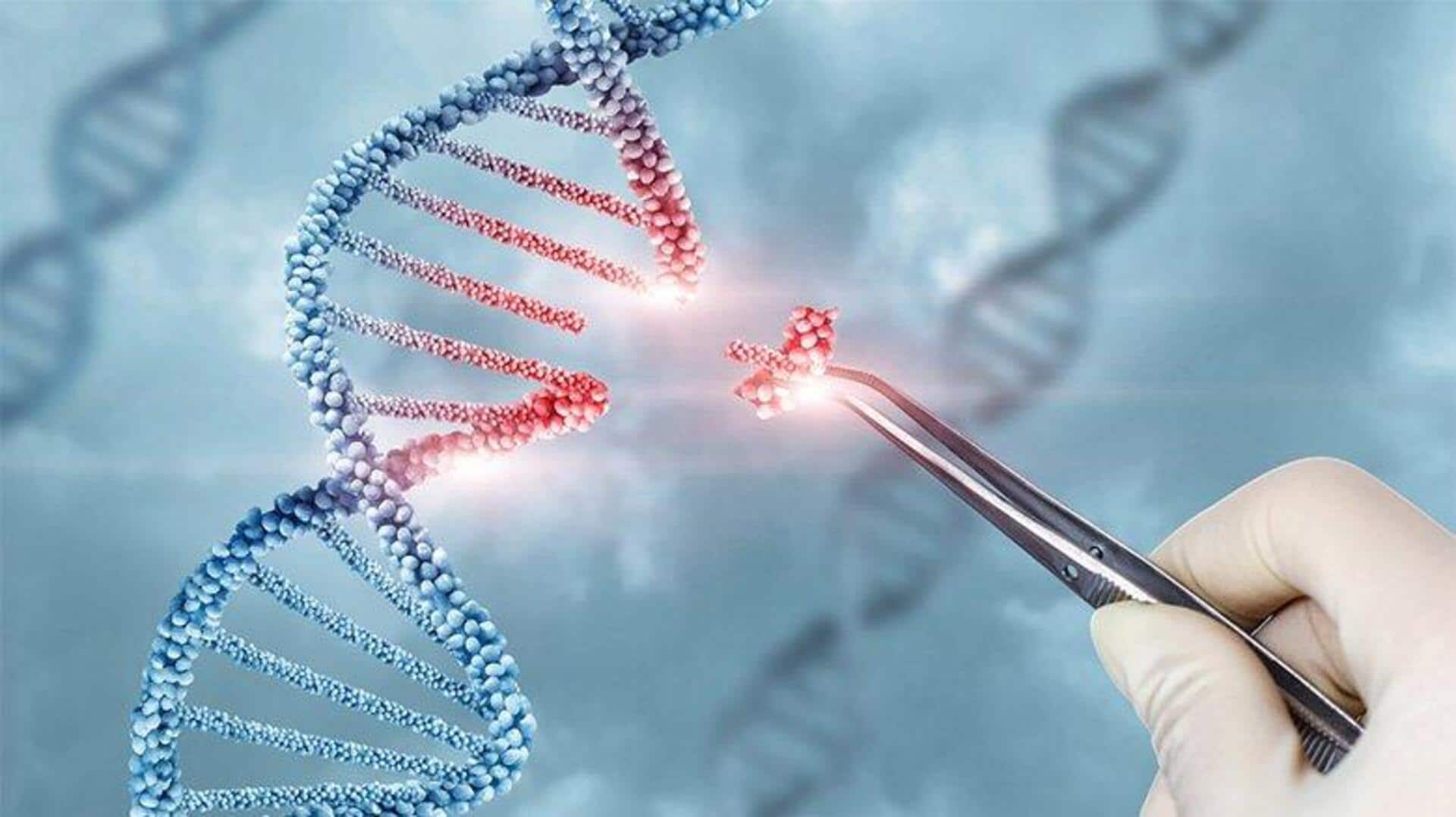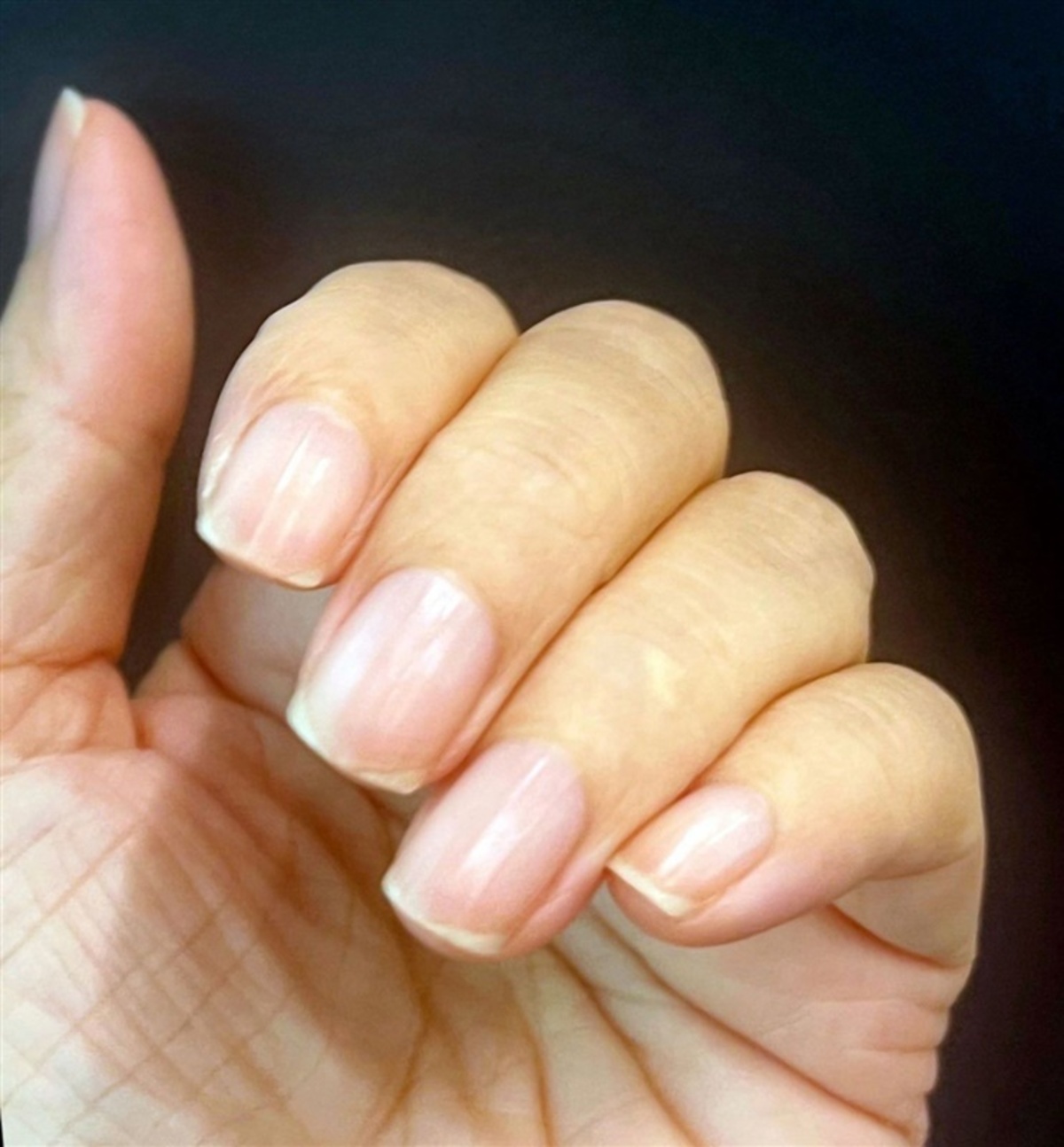**By Dwaipayan Roy | Sep 24, 2025 08:00 pm**
—
### Major Breakthrough: Doctors Successfully Treat Huntington’s Disease for the First Time
In a landmark medical achievement, doctors have successfully treated Huntington’s disease—a hereditary condition that causes severe brain cell damage—for the very first time. Often described as a combination of dementia, Parkinson’s disease, and motor neuron disease, Huntington’s has long posed a devastating prognosis for patients.
### What Is Huntington’s Disease?
Huntington’s disease typically manifests in individuals during their 30s or 40s and is fatal within two decades. It leads to progressive neurological decline, severely impacting the quality of life for patients and their families.
### Innovative Gene Therapy Offers New Hope
The groundbreaking treatment utilizes gene therapy administered through intricate brain surgery lasting between 12 to 18 hours. During the procedure, a modified virus carrying a specially designed DNA sequence is injected deep into the brain under real-time MRI guidance. This advanced genetic medicine combines gene therapy and gene silencing techniques to permanently reduce levels of a toxic protein responsible for brain cell damage.
### Promising Trial Results: Slowing Disease Progression by 75%
The clinical trial involved 29 patients and revealed an average 75% slowdown in disease progression three years post-surgery. According to Professor Sarah Tabrizi from University College London (UCL), this means a decline that would typically occur over one year could now take four years, granting patients potentially decades of “good quality life.”
Levels of neurofilaments—markers of nerve cell damage—in spinal fluid were also significantly reduced, indicating the therapy is effectively preserving brain cells.
### Safety and Side Effects
While the treatment was deemed safe overall, some patients experienced inflammation caused by the virus, leading to headaches and confusion. These side effects either resolved naturally or were managed with steroid treatment.
Professor Ed Wild from UCL expressed profound optimism, saying this breakthrough is “the result we’ve been waiting for,” and acknowledged its immense potential to transform affected families’ lives. He also believes the therapy “should last for life,” since brain cells are not naturally replenished in the way blood, bone, or skin cells are.
### Accessibility and the Road Ahead
Currently, the treatment is complex, costly, and not accessible to all patients due to the demanding nature of the surgery involved. Huntington’s disease affects approximately 75,000 people across the UK, US, and Europe, with hundreds of thousands more carrying the genetic mutation.
Nonetheless, Professor Tabrizi views this advancement as just the beginning, anticipating it will pave the way for more accessible and widespread therapies. She is already collaborating with young individuals who carry the Huntington’s gene but remain symptom-free (known as stage zero Huntington’s) and plans to initiate prevention trials in the near future.
—
This breakthrough marks a new chapter in the fight against Huntington’s disease, offering hope for improved outcomes and a better quality of life for patients worldwide.
https://www.newsbytesapp.com/news/science/groundbreaking-treatment-for-huntington-s-disease-achieved/story



